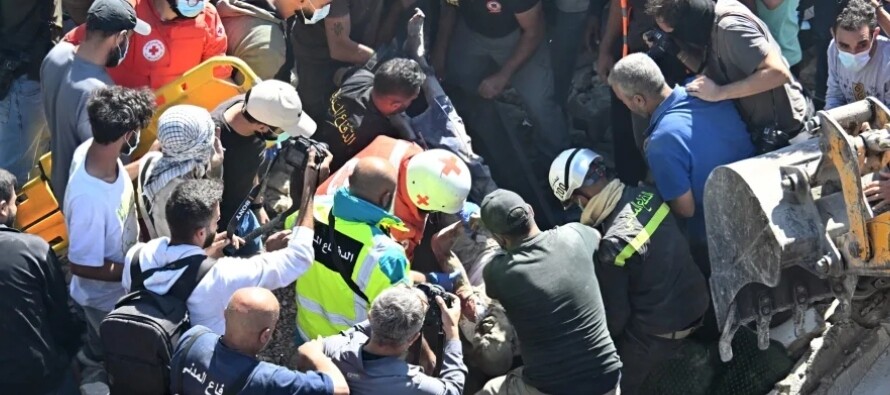
Nabih Berri Hospital in Nabatieh, Lebanon, is facing a difficult situation due to the intensification of bombings in the region. The hospital's director, Hassan Wazni, reports that the influx of patients has decreased significantly, as the city has emptied after the air attacks on September 23. Currently, only about 3 to 5% of the population remains in the city.
Despite the shortage of patients, the medical staff, consisting of around 17 doctors and 70 workers, continue in the hospital, risking their lives daily to care for the injured. The lack of fuel and food is one of the main concerns, despite having sufficient medical supplies and medications.
Under the constant threat of Israeli bombings, the hospital staff work around the clock, living in the medical center with their families. Sometimes, the hospital receives a large number of injured people in a single day, while on other days the influx decreases.
Despite the critical situation, some residents refuse to leave the area due to the lack of resources to stay elsewhere. The hospital has seen a significant reduction in the number of patients treated, with units such as the oncology center and the dialysis unit no longer receiving anyone or having minimal influx.
The recent Israeli attack that claimed the life of the mayor of Nabatieh, Ahmad Kheil, revealed the seriousness of the situation in the region. The lack of fuel and resources complicates the operation of the hospital, which has had to transfer deceased bodies to other medical centers due to the limited capacity of its morgue. The current devastation is compared to that of the 2006 war, but is perceived as even more severe.
Despite the challenges, the medical staff remain committed to their work, despite the harsh conditions in which they operate. The lack of electricity to operate medical equipment is a constant concern, as well as the shortage of basic resources to keep the hospital running.










